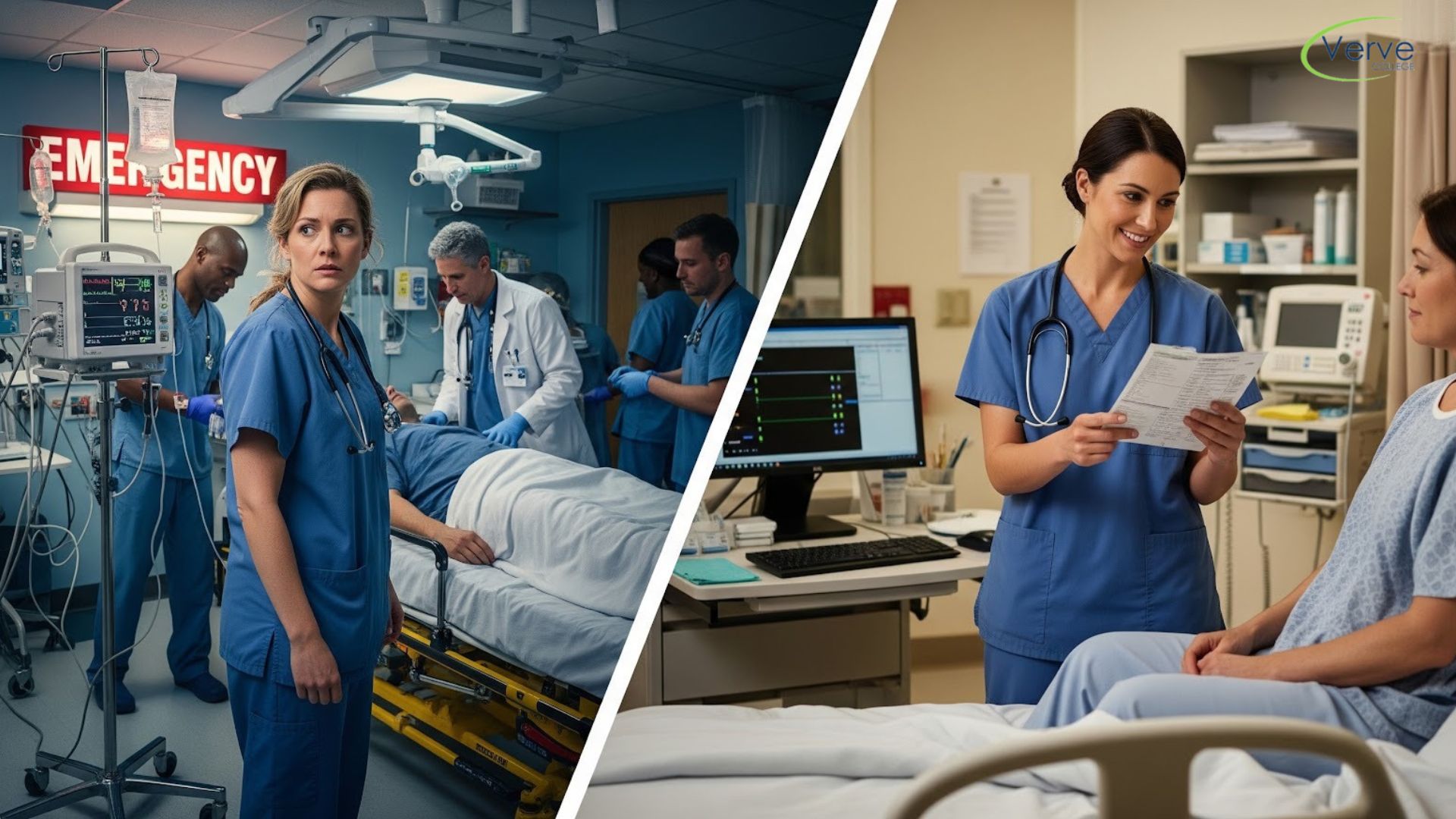- Oak Brook:(630) 705-9999
- Chicago:(312) 920-8822
- Email:inquiry@vervecollege.edu
- Make a Payment
- Home
- Programs
- Admission
- Resources
- ATI Entrance Exam Resources
- New E-Digital Library
- Refer a Friend
- School Newsletter
- Events
- Employers
- Job-Network
- Alpha Beta Kappa Candidates
- Verve College Library
- Graduation and Pinning Ceremony Photo Galleries
- Textbook Information
- Career Services
- Tutoring
- School Catalog
- FAQ
- Constitution Day Program
- Alumni
- Verve College Plans
- Financial Aid
- HEERF Reporting
- Satisfactory Academic Progress
- Apply For Financial Aid
- Net Price Calculator
- Return of Title IV Funds (R2T4)
- Financial Aid Office Code of Conduct
- Contact
- FAQs
- Verification Policy
- Vaccination Policy
- Student Right-to-Know Act
- Misrepresentation
- Information Security Program
- Academic Award Year
- Availability of Employee
- Cost of Attendance
- Health & Safety Exemption Requirement
- Students Rights and Responsibilities
- Leave of Absence
- Pell Formula
- Military Students
- Grants/ Scholarship Policy
- Contact Us
- Testimonials
- Blog
Is a Nursing Career Right For You?
Take The Free Quiz
What LPN Programs and Healthcare Professionals Need to Know About Evidence-Based Practice
What LPN Programs and Healthcare Professionals Need to Know About Evidence-Based Practice
To make the best decisions regarding patient care, nurses use evidence-based practices. Nurses who integrate the best science into their practice work holistically and are patient-centered. This article explains how evidence-based nursing is used and its benefits for excellent patient care, nurses, institutions, and staff and is known more through weekend nursing programs of Verve College of LPN Program (nursing graduate program).
What is Evidence-Based Practice in LPN Programs?
What is evidence-based practice’s definition? It’s a process by which healthcare professionals review and evaluate the best-quality research in order to improve their patient care management. There is no standard for evidence-based nursing practice. However, there are three major components and five steps.
What are the 3 Components of Evidence-Based Practice?
These three components will help you as a nurse to make informed decisions.
- The best outside evidence: Evaluate and put into practice the most recent, therapeutically applicable, and reliable research.
- Individual clinical expertise: Use your experience to learn from what worked and didn’t in your clinical practice.
- Expectations and values for patients: Consider each patient’s needs and preferences.
Which Research Disciplines Are Utilized in Evidence-Based Practice?
There are four types of evidence for healthcare research. Each category is based on how credible the information is. These categories range from the most credible to the least credible.
- Randomized controlled trials.
- Evidence from observational, case-control, or cohort studies.
- Expert opinions that have been supported by research, experience, or reports (for online education).
- Experience from the inside.
While you can get useful information from all these types of research in healthcare providers with private practice, it is important to ensure that your decisions are based on the best science and graduate nursing degree.
What are the 5 Steps to Evidence-Based Practice?
The Cleveland Clinic outlines five steps to implement the evidence-based medical practice. These steps are also known as the “five A’s” of evidence-based practice in health science.
- Ask: Formulate clinical questions regarding a patient, problem, or outcome.
- Acquire: Search for evidence that answers your questions.
- Assess: Determine if the evidence is valuable and of high quality.
- Apply: to make clinical decisions using the best evidence.
- Assess: Evaluate the results of applying the evidence for the patient’s case during practical testing.
Some healthcare organizations add “disseminate” to the cycle. Sharing your research and evidence with colleagues can help to spread evidence-based nursing practice. You can share information directly, communicate it to other nurse practitioners, publish it in peer-reviewed journals or professional newsletters, and present it at conferences by nursing students (degree in nursing).
Evidence-Based Practice: Benefits
Evidence-based care has improved outcomes for patients, providers, and institutions, including more consistent care and lower costs in patient care management.
The following are the benefits of nursing:
- Prioritizing patients’ needs: While evidence-based nursing is based on research, it also considers individual patients’ wishes. Evidence-based nursing, one of the core principles of nursing, helps you improve patient outcomes and consider each patient’s individual preferences and experiences skilled nurses with which you can gain clinical experience or an advance nursing degree. In physical therapy programs students interact with clinical nurse specialists with more clinical education experience and knowledge for their advanced degree program.
- Improved patient care and time savings: You can also stop engaging in activities that are not beneficial to patients. For example, nursing used to spend 20 minutes daily changing dressings and bathing patients. However, research has shown that some dressings can be left on for longer periods and don’t impact outcomes.
Evidence-based nursing is also a benefit to nurses. It keeps practices current and relevant, increases nurses’ confidence, and contributes to the health sciences and art of nursing through LPN programs.
Related:-Accredited By ABHES and COE: What It Means For Your LPN Programs?
Evidence-Based Nursing Practice Examples
Nurses have improved the quality of their patient care by using evidence-based practices. Here are some key examples of evidence-based nursing practice:
- Giving oxygen for patients with COPD: Using evidence to determine how to properly provide oxygen to patients suffering from chronic obstructive lung disease (COPD) in the human body.
- Noninvasive measurement of blood pressure in children: The auscultatory method is used. Next, the measurements are compared with data using the oscillometric technique with the previous term.
- Selecting the right intravenous catheter size: Recognizing the advantages of smaller-gauge catheters for patient comfort.
- Valuing the function of a family: Recognizing family nurse practitioner involvement may result in more effective and efficient care because family members can have a big impact on how a patient communicates their symptoms to doctors in healthcare professions
- Improving infection control: Understanding the importance of wearing personal protective clothing and hand washing is essential to infection prevention.
- Recognizing alarm tired: Nursing staff can reflect on their current practices and create effective protocols to ensure that alarm-fatigued nurses properly monitor patients.
Applying scientific evidence to nursing practice can help you provide high-quality, safe care. It also improves your career prospects, the workplace, and patients. You can expect to learn how research can be interpreted, make informed decisions, and provide the best possible care if you’re a nurse or nurse practitioner. Verve College’s graduate LPN nursing programs are based on evidence-based practice in online courses or campus-based programs for nursing careers.
 Sign up
Sign up Login
Login




